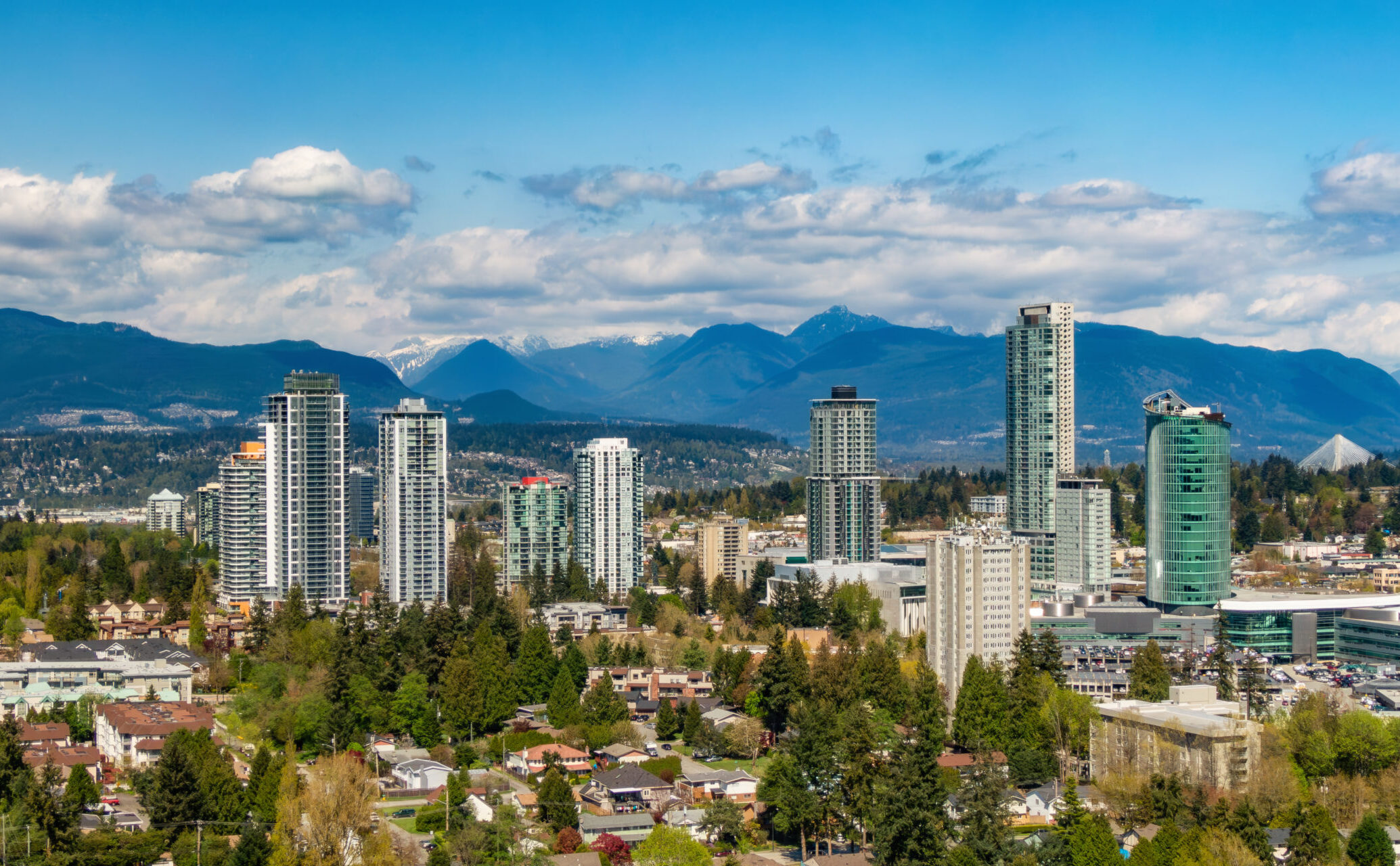Immigration
Thinking about coming to Canada?
Canada is a highly attractive destination for people worldwide for its incredible social support system, diverse population, excellent education, fantastic employment opportunities, and overall great quality of life. Brace Law is a top three immigration law firm in Vaughan and can assist you in your immigration matter. At Brace Law, we take time to carefully listen to your immigration-related concerns, understand your needs, and counsel you on the most cost-effective legal solutions. Call us at 905-815-6555 to speak with an immigration lawyer in Vaughan, Brampton, and Mississauga today!
If you decide to permanently transfer your life in Canada, our immigration lawyers will offer assistance with the following:
Express entry inquires and applications for the immigration streams:
- Provincial Nominee Programs
- Federal Skilled Worker Program
- Federal skilled Trades Program
- Canadian Experience Class
- Permanent residency through the investment route;
- Complying with residency obligations and maintaining your status as a permanent resident;
- Inquiries on renouncing your Canadian permanent residency;
- Citizenship obligations, requirements and exemptions
- Spouse, common-law, conjugal partners who are 18 years or older;
- Parents and grandparents;
- Dependent children and or adopted children including nieces and nephews who are orphans under the age 18 and not married or in common law relationship
- Appeal a sponsorship application refusal
If you or your family members would like to visit Canada, we can assist with the following applications
- Electronic Travel Authorization (ETA) for all foreign nationals from visa- exempt countries;
- Temporary resident visas (single entry visa, multiple entry visa or a transit visa);
- Parent and grandparent Super Visa;
- Business visitors
If you choose to study in Canada, you must first be accepted into a designated learning institution and have enough sufficient funds to support your stay. You can also work a set amount of hours while studying and gaining Canadian experience that will later assist with your permanent residence application should you choose to live in Canada permanently. We can assist you by:
- Choosing the appropriate designated learning institution
- Applying for study permits and study permit extensions
- Applying for post-secondary work permits
- Advising on other immigration options for international graduates
If you currently reside outside of Canada because you have been convicted of a crime in Canada and deported, or convicted outside Canada and denied entrance, we may be able to assist you depending on your circumstances with the following:
- Pardons and record suspensions for Canadian offences
- Criminal rehabilitation applications
- Temporary resident permits for inadmissibility (criminal and health)
At Brace Law, our immigration law firm is determined to provide you with the best solution that will help you fulfill your desire to enter and remain in Canada legally. Contact us today to discuss the best solution for your immigration-related concerns.
Visit Canada
A temporary resident visa (TRV) permits stays for tourism or study, while an Electronic Travel Authorization (eTA) allows visa-exempt nationals to fly to Canada. A super visa enables extended visits for parents/grandparents, and a business visitor visa facilitates short-term business activities. Each has unique eligibility and application requirements.


Study In Canada
There are 2 ways to study in Canada. A study permit and a postgraduate work permit.
A study permit allows international students to study at Canadian institutions, requiring enrollment in a designated learning institution. Conversely, a postgraduate work permit (PGWP) enables graduates to gain Canadian work experience post-study, often leading to permanent residency pathways. Both have distinct eligibility criteria and application processes.
Work In Canada


Stay In Canada
You have 3 options when it comes to staying in Canada. Citizenship, permanent residency and provincial nominee program.
Canadian citizenship grants full rights, including voting and a passport, with no residency obligations. Permanent residency offers many benefits, like work and healthcare access, but requires maintaining residency and renewing status. Citizenship is the final step, ensuring permanent status and full participation in Canadian civic life.
Business Immigration
There are three ways your business can get you into Canada. An investors Visa program, a startup Visa program or a self-employed program
An Investors Visa requires substantial financial investment in Canada, promoting economic growth. The Startup Visa targets innovative entrepreneurs with support from designated entities. The Self-Employed Program caters to individuals with relevant cultural or athletic experience, contributing significantly to Canadian society. Each program has distinct eligibility and investment requirements.


Sponsorships
Family sponsorship allows Canadian citizens and permanent residents to sponsor relatives, facilitating their immigration based on kinship ties. Refugee sponsorship, however, aids individuals fleeing persecution, providing humanitarian support. Each process has unique criteria, obligations, and processing times, tailored to reuniting families or offering protection to vulnerable individuals.
Refugees & Asylum Seekers
There are 4 ways refugees and asylum seekers can enter Canada. Making a refugee claim, a refugee appeal, a pre removal risk assessment or a humanitarian and compassionate grounds application
Refugee claim seeks asylum within Canada, asserting fear of persecution. A refugee appeal challenges a denied claim. A pre-removal risk assessment evaluates danger upon deportation. Humanitarian and compassionate grounds applications consider unique hardships, requesting residency based on personal circumstances. Each pathway has distinct criteria and procedural nuances.


Inadmissibility
What it means to be inadmissible. Some people aren’t allowed to come to Canada. They’re “inadmissible” under Canada’s immigration law. A Canadian immigration officer will decide if you can enter Canada
